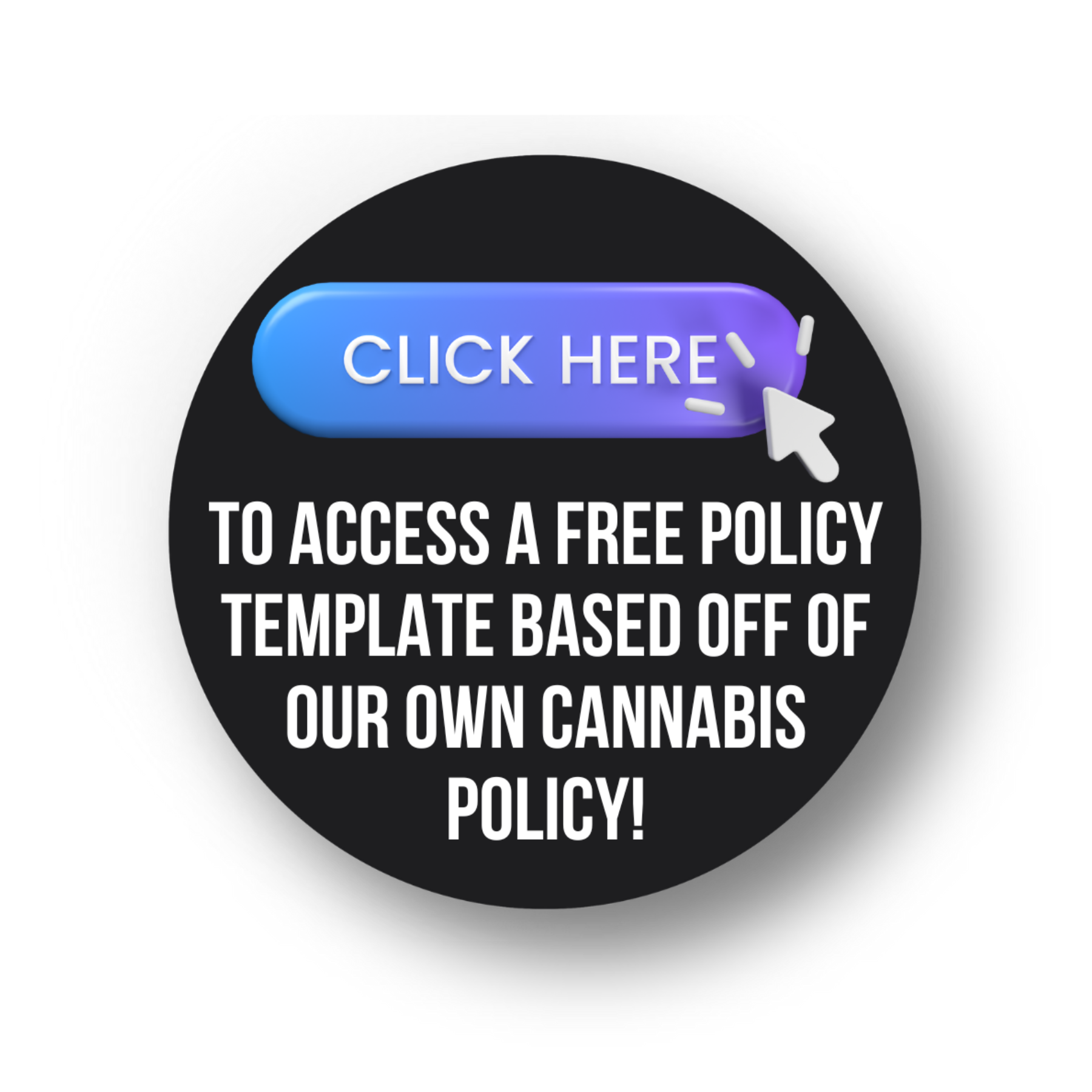With the recent legalization of recreational cannabis in Minnesota, it is important to discuss the key points surrounding this changing law. As veterinary businesses, it's essential to be informed about how this legalization impacts both employers and employees. Let’s delve into the crucial aspects and shed light on what this means for the veterinary industry.
Starting August 1, adults aged 21 and older will be legally allowed to possess cannabis in limited quantities. Minnesotans can have up to two pounds of cannabis at home and transport two ounces while in public. Misdemeanor possession records will be expunged, and felony possession records will be reviewed on a case-by-case basis. For further details on the law, you can visit https://cannabis.mn.gov.
To grasp the implications of the law, it's vital to be familiar with the following terminologies:
- Employer: Any person or entity conducting business in MN with one or more employees.
- Employee: Individuals, independent contractors, or those working for independent contractors, compensated by an employer for their services.
- Cannabis: Refers to a genus of flowering plants in the Cannabaceae family. Legal cannabis products include:
- Flower: refers to the dried flowering portion of a cannabis plant, usually consumed through smoking. This is the most common form of cannabis.
- Concentrates: refers to products that contain extracted THC from the cannabis flower. These concentrates tend to have a higher potency than the traditional dried flower and are commonly consumed through vaping or other inhalation methods. Concentrates typically come in the form of a sticky, resinous substance, often referred to as "wax," "shatter," or "oil," and have a higher concentration of THC compared to the traditional dried flower.
- Edibles: Ingestible products infused with cannabis flower or concentrate, commonly found in the form of baked goods, candies, and drinks, designed for oral consumption.
- Topicals: Cannabis-infused products that are applied to the skin, including patches, creams, balms, and sprays, which do not have a psychoactive effect and are used for localized relief. These items do not induce psychoactive effects.
- Use, Impairment, Possession, Sale, Transfer: Various actions and states related to cannabis as defined in the law.
- Use: Refers to the act of consuming cannabis or cannabis-derived products. It includes various forms of ingestion, such as smoking, vaping, or eating.
- Impairment: Indicates being under the influence of cannabis or cannabis-derived products, which may lead to changes in behavior, coordination, or cognitive functions.
- Possession: Involves having cannabis or cannabis-derived products on one's person or personal property, as allowed within the legal possession limits set forth by the recent law.
- Sale: The exchange of cannabis or cannabis-derived products for money or other forms of compensation, which can only occur in compliance with the legalized regulations and restrictions.
- Transfer: Refers to the exchange of cannabis or cannabis-derived products as a gift, rather than a commercial transaction, complying with the legal possession and gifting limits.
 To ensure compliance with the new law, employers should update their employee handbooks and policy language. Policies should prohibit cannabis use, possession, sale, transfer, and impairment during work hours and on business premises. However, policies cannot include pre-employment cannabis screening, random cannabis testing, or restrictions on lawful cannabis use outside of work hours and off company property.
To ensure compliance with the new law, employers should update their employee handbooks and policy language. Policies should prohibit cannabis use, possession, sale, transfer, and impairment during work hours and on business premises. However, policies cannot include pre-employment cannabis screening, random cannabis testing, or restrictions on lawful cannabis use outside of work hours and off company property.
Except where required by federal law or specific job categories stated in Minnesota statutes, pre-employment drug tests for cannabis are not permitted. Random cannabis tests for many employees, including those in veterinary businesses, are also banned. However, reasonable suspicion tests can be conducted if there are concerns about impairment, safety violations, or injury-causing incidents.
For Employers: Treat cannabis use in the same manner as alcohol use. It is not permitted in the workplace or during work hours. However, employees are legally allowed to consume cannabis outside of work, similar to consuming alcoholic beverages. Update policies to explicitly state that cannabis-related activities are not allowed in the workplace.
For Employees: While cannabis use outside of work is lawful, consuming cannabis on work premises or during work hours could result in termination. Remember that Minnesota is an "at will" state, meaning employees can be terminated without cause or notice. To avoid any complications, it's best to keep personal cannabis use activities outside of work private, especially if an employer holds strong opinions against it.
Being well-informed about the changing laws surrounding recreational cannabis is essential for veterinary businesses in Minnesota. By updating policies, ensuring employee handbooks are current, and respecting the lawful rights of employees, businesses can navigate cannabis in the workplace responsibly and maintain a harmonious work environment.
This email address is being protected from spambots. You need JavaScript enabled to view it.
